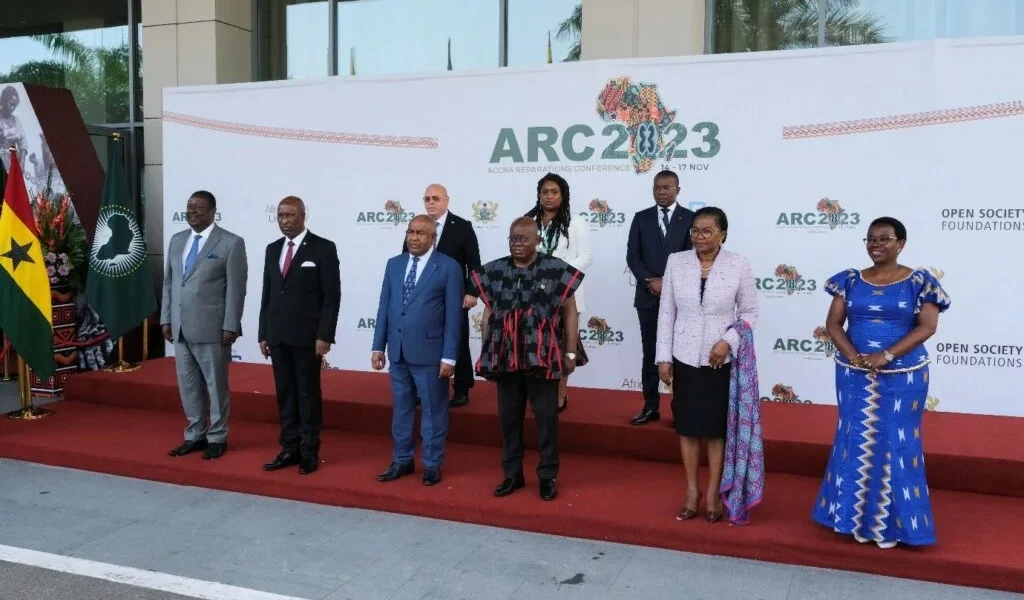
IN a groundbreaking move, support is surging among African and Caribbean nations for the creation of an international tribunal to address the atrocities stemming from the transatlantic trade of enslaved people. This initiative, backed by the United States, aims to establish historical accountability and provide reparations for the enduring impacts of one of history’s darkest chapters.
Originally proposed last year, the concept of a tribunal, modelled after historical precedents such as the Nuremberg trials, has garnered significant traction within the broader slavery reparations movement. Interviews conducted by Reuters with key stakeholders reveal the growing momentum behind this endeavour.
‘Establishing an international tribunal for slavery is a significant step towards achieving justice,’ remarks Eric Phillips, vice-chair of the slavery reparations commission for the Caribbean Community (CARICOM). ‘It’s about acknowledging historical wrongs and ensuring accountability.’
Formally recommended by the UN Permanent Forum on People of African Descent in June, the idea of a special tribunal has been extensively discussed within African and Caribbean regional bodies. Phillips underscores the exploration of this proposal among 15 member states within CARICOM.
‘Reparations are not just about compensation; they’re about recognising the systemic injustices that continue to affect communities,’ notes Martin Okumu-Masiga, Secretary-General of the Africa Judges and Jurists Forum (AJJF). ‘However, there are significant hurdles to overcome, including obtaining cooperation from nations involved in the slave trade.’
Despite the absence of direct perpetrators due to the passage of time, the urgency for accountability persists. ‘Historical wrongs cannot be ignored, especially when their impacts are still felt today,’ emphasises Brian Kagoro, a Zimbabwean lawyer advocating for reparations.
A spokesperson for the British Foreign Office acknowledges the country’s role in transatlantic slavery but states the absence of plans for reparations. ‘While we recognise historical injustices, we believe in addressing present challenges rather than dwelling on the past,’ the spokesperson remarks.
The proposal for a tribunal gained further momentum during a reparations summit in Ghana, where African and Caribbean leaders committed to exploring judicial avenues, including litigation options. ‘This initiative is not just about seeking justice; it’s about reclaiming our history and ensuring it’s not repeated,’ states Makmid Kamara, founder of the Accra-based civil society group Reforms Initiatives.
Justin Hansford, a Howard University law professor and advocate for the tribunal, outlines plans to lobby for increased support during upcoming U.N. sessions, aiming to advance the proposal with stronger backing by 2025.
While challenges persist, the push for reparations and historical accountability has garnered unprecedented global attention. With the backing of key institutions and widespread grassroots support, the prospect of an international tribunal represents a crucial step towards addressing the enduring consequences of the transatlantic slave trade.











